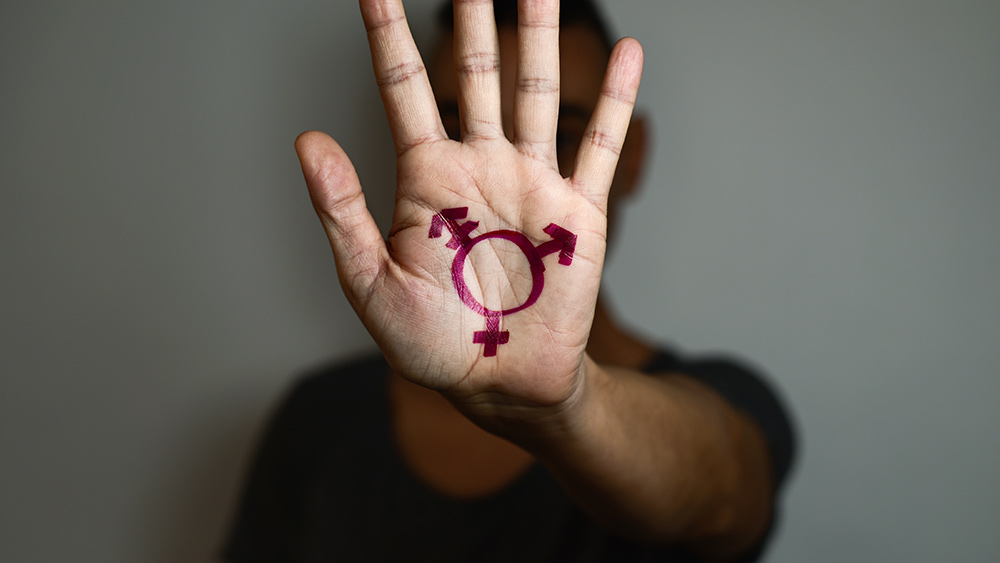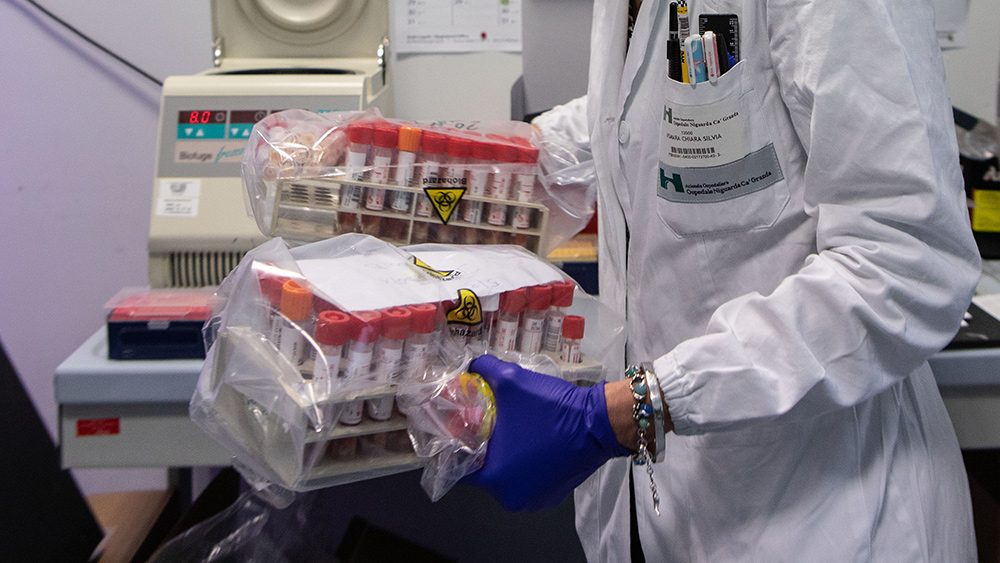Facebook fully aware that Instagram is toxic for teen girls, according to company documents
09/16/2021 / By Mary Villareal

Thirty-two percent of teen girls say that they feel bad about their bodies, and Instagram makes them feel worse.
Researchers from Instagram, which is owned by Facebook Inc. studied user experiences with the app and checking to see if its negative impact on teen girls is part of a broader phenomenon. Their findings confirmed serious issues.
In a March 2020 presentation posted on Facebook’s internal message board, it seems that comparisons on Instagram can change how young women view themselves. The company’s researchers repeatedly found that Instagram is harmful to a large percentage of its users, most notably, teenage girls.
A report from 2019 noted that Instagram makes body image issues worse for one in three teenage girls. Teens tend to blame Instagram for the increase in the rate of anxiety and depression. This reaction does not only affect teenage girls, though: it is consistent across all groups.
A separate presentation also said that among teens who reported having suicidal thoughts, 13 percent of British users and six percent of American users traced their desires to kill themselves on Instagram.
More than 40 percent of Instagram’s users are 22 years old and younger. Of about 22 million teens logging onto the app in the U.S. each day, it is well-positioned to win with the younger audience.
However, Facebook has been playing down Instagram’s negative effects on teens. It hasn’t made its research public or available to academics or lawmakers who have asked for it. (Related: Researchers rank Instagram as worst social media app for young people’s mental health.)
Mark Zuckerberg, Facebook’s CEO, said that their research saw social apps as a way to connect with other people and that they can have positive mental health benefits.
Instagram head Adam Mosseri also told reporters in May that the research suggests that the app’s negative effects on teen well-being are likely “quite small.”
“In no way do I mean to diminish these issues.… Some of the issues mentioned in this story aren’t necessarily widespread, but their impact on people may be huge,” Mosseri said in a recent interview.
He also believes Facebook was late in realizing the drawbacks to connecting such large numbers of people, adding that he’s been pushing very hard to embrace their responsibilities more broadly.
Mosseri believes that the research into the mental health effect on teens was valuable and that Facebook employees ask tough questions about the platform. “For me, this isn’t dirty laundry. I’m actually very proud of this research,” he said.
Facebook made minimal efforts to address issues
The documents related to the research showed that Facebook made minimal efforts to address the issues and played them down in public.
The company’s research on Instagram is the deepest look yet at what they know about its impact on teens and their mental well-being. This represents a clear gap between the company’s understanding of itself and its public position.
In five presentations over eight months, the researchers conducted what they called was a “teen mental health deep dive.”
The researchers came to the conclusion that some of the problems were specific to Instagram, and not social media in general. This is especially true when it concerns so-called social comparison, where people assess their own value in relation to the attractiveness, wealth or success of others.
Social comparison is worse on Instagram. TikTok, a short-video app is more grounded in performance, while rival photo and video-sharing app, Snapchat, is sheltered by fun filters that “keep focus on the face.”
Instagram, on the other hand, focuses on the body and lifestyle.
The features that made Instagram particularly harmful to teens appear to be embedded into the platform’s core. The tendency to share only the best moments with the pressure to look perfect can send teens spiraling toward depression, eating disorders, and an overall unhealthy sense of their own bodies.
Senators Richard Blumenthal and Marsha Blackburn called on Zuckerberg to release Facebook’s internal research on the impact of its platforms, but the tech giant evaded the demand, saying that its internal research is proprietary and kept confidential.
“Facebook’s answers were so evasive — failing to even respond to all our questions—that they really raise questions about what Facebook might be hiding. Facebook seems to be taking a page from the textbook of Big Tobacco –targeting teens with potentially dangerous products while masking the science in public,” Blumenthal said.
Facebook is also building a version of Instagram for kids under age 13, which is met with disapproval. Rep. Lori Trahan of Massachusetts called for the tech giant to immediately abandon this plan and focus instead on protecting younger users.
Facebook’s internal documents show that the company’s failure to protect children on Instagram — especially young girls — is outright neglect, and it’s been going on for years. Facebook has no business developing additional social media platforms explicitly designed for our children when they can’t be trusted to keep their current house in order,” Trahan said in a statement.
Sources include:
Tagged Under: addiction, apps, child health, emotional well-being, Facebook, Instagram, mark zuckerberg, mental health, mobile apps, online dangers, self esteem, self-confidence, Social media
RECENT NEWS & ARTICLES
COPYRIGHT © 2019 Dangerous.News
All content posted on this site is protected under Free Speech. Dangerous.News is not responsible for content written by contributing authors. The information on this site is provided for educational and entertainment purposes only. It is not intended as a substitute for professional advice of any kind. Dangerous.News assumes no responsibility for the use or misuse of this material. All trademarks, registered trademarks and service marks mentioned on this site are the property of their respective owners.




















